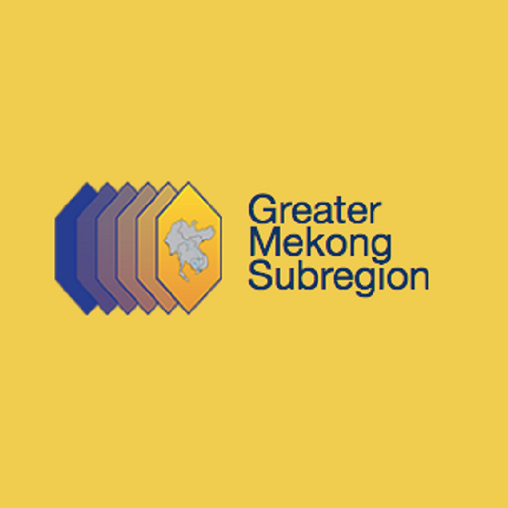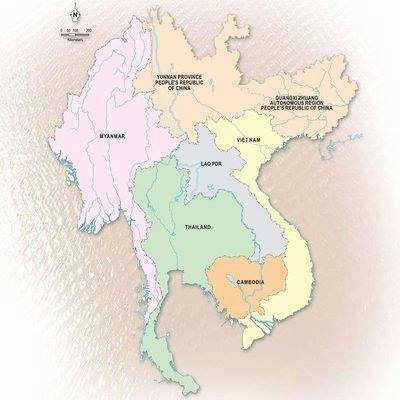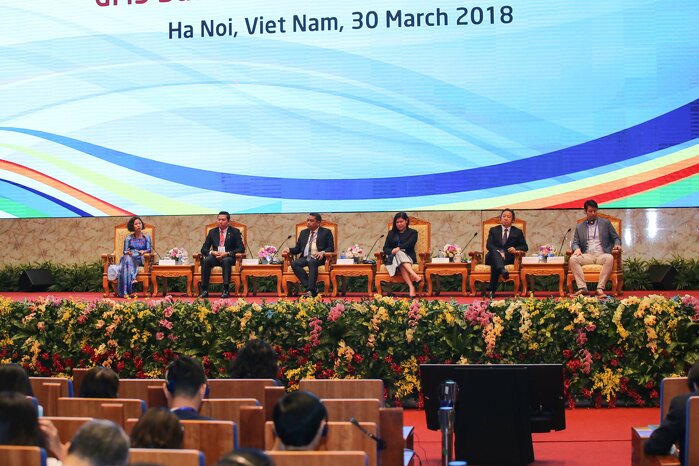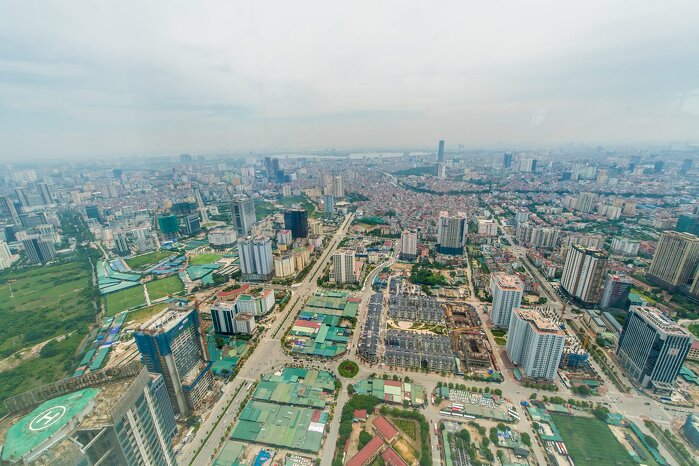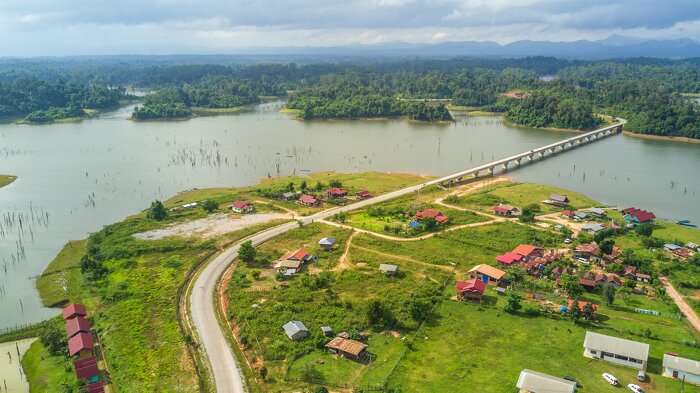Promoting Subregional Cooperation Among Cambodia, the PRC, Lao PDR, Myanmar, Thailand and Viet Nam - Phase V
Sorry, we have no imagery here.
Sorry, we have no imagery here.
Sorry, we have no imagery here.
Sorry, we have no imagery here.
Sorry, we have no imagery here.
Sorry, we have no imagery here.
Sorry, we have no imagery here.
Sorry, we have no imagery here.
Sorry, we have no imagery here.
Sorry, we have no imagery here.
Sorry, we have no imagery here.
Sorry, we have no imagery here.
Sorry, we have no imagery here.
Sorry, we have no imagery here.
Sorry, we have no imagery here.
Sorry, we have no imagery here.
Sorry, we have no imagery here.
Sorry, we have no imagery here.
Details
Funding
US$('000) 1,300
Project Description
This RETA aimed to strengthen ADB-s capacity to support the implementation of the Greater Mekong Subregion (GMS) Economic Cooperation Program and thereby to promote mutually beneficial economic cooperation among Cambodia, the People-s Republic of China, Lao PDR, Myanmar, Thailand and Viet Nam.
Progress (as of March 2021)
Project closedContacts
| Contact 1 | |
| Contact Name | |
|---|---|
| Organization | |
| Contact 2 | |
| Contact Name | - |
| Organization | - |
| - | |


